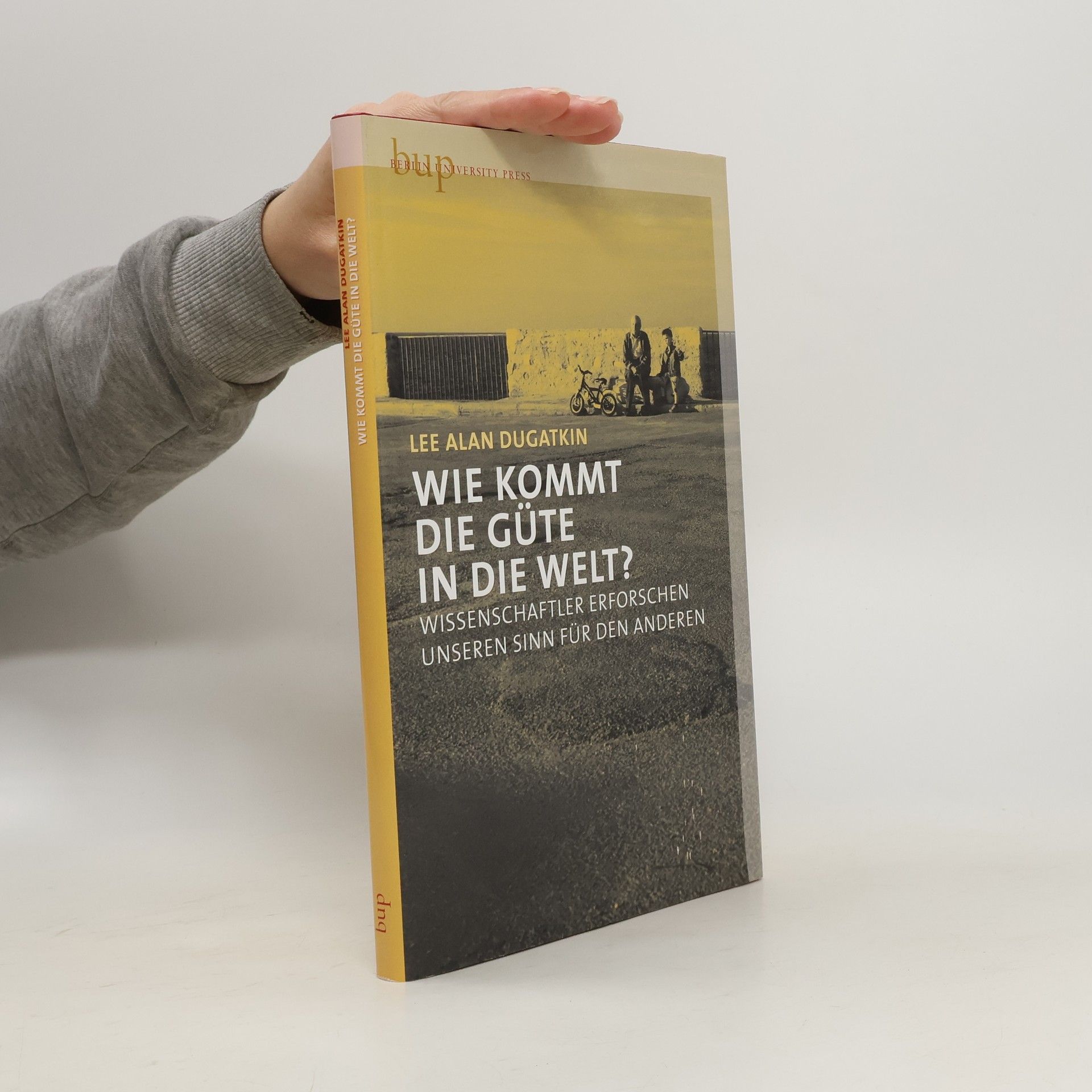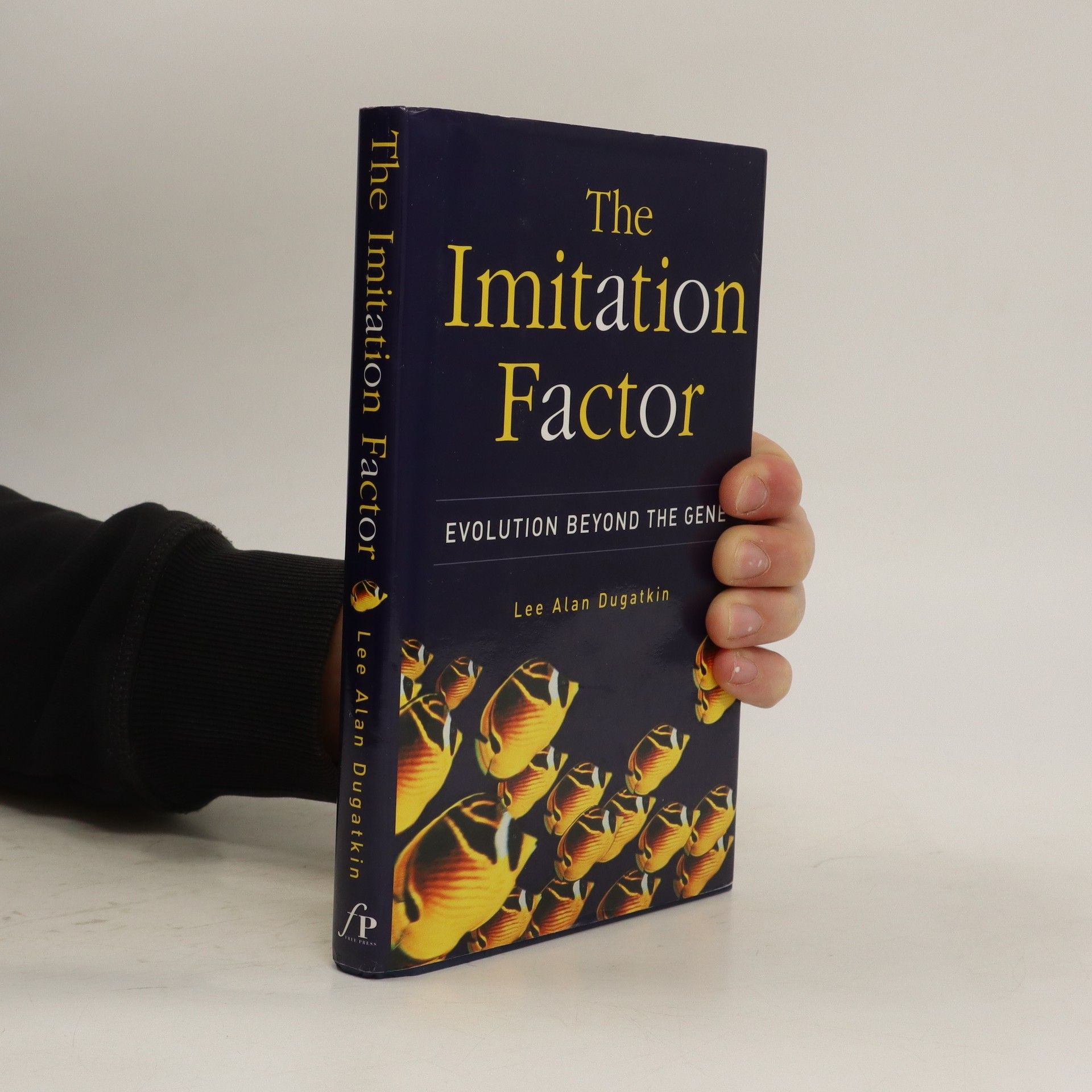The book offers a comprehensive introduction to evolutionary biology, emphasizing recent research and anthropogenic evolution. Each chapter is designed for clarity and accessibility, focusing on essential topics while enhancing data literacy. The revised InQuizitive tool provides expanded questions that encourage readers to interpret evolutionary data and engage with modern studies, making the learning experience interactive and relevant.
Lee Alan Dugatkin Book order (chronological)
Lee Alan Dugatkin is a distinguished professor and scholar whose research centers on the evolution of social behavior. Through his work, he explores the intricate interactions within the animal kingdom. His writing delves into understanding the roots and development of behaviors that shape relationships between organisms. Dugatkin's approach offers readers a profound look into the scientific study of social structures in nature.




The exploration of goodness in both animals and humans challenges the notion of survival of the fittest, a dilemma that troubled Charles Darwin during the development of his theory of evolution. His observations led to concerns that altruistic behavior could undermine his ideas. This inquiry has sparked a longstanding debate among scientists, philosophers, and religious thinkers about the origins of kindness, intertwining with various fields and remaining a significant question in evolutionary biology.
Wie entsteht der Sinn für den anderen in der menschlichen Entwicklungsgeschichte? Wie kommt die uneigennützige Hilfe für den anderen in die Welt? Das Problem quälte schon Charles Darwin, den Urvater aller Evolutionstheorie: In der natürlichen Auslese muss jeder Altruismus zum Störfaktor werden im rücksichtslosen Überlebenskampf der Arten. Das Gute bei Mensch und Tier, diese Achillesverse in Darwins revolutionärer Theorie, hat seitdem die Wissenschaften, aber auch Politik, Philosophie und Religion beunruhigt. Dieses Buch beschreibt die Meilensteine eines der aufregendsten Kapitel unserer Wissenschaftsgeschichte und wird dabei selbst zu einem Meilenstein für eine verständliche Beschreibung dieser Theorien, seiner Debatten und Kämpfe.
The Imitation Factor
- 256 pages
- 9 hours of reading
A biologist and science journalist focuses on imitation as a key evolutionary strategy, revealing "animal education" as a universal phenomena.